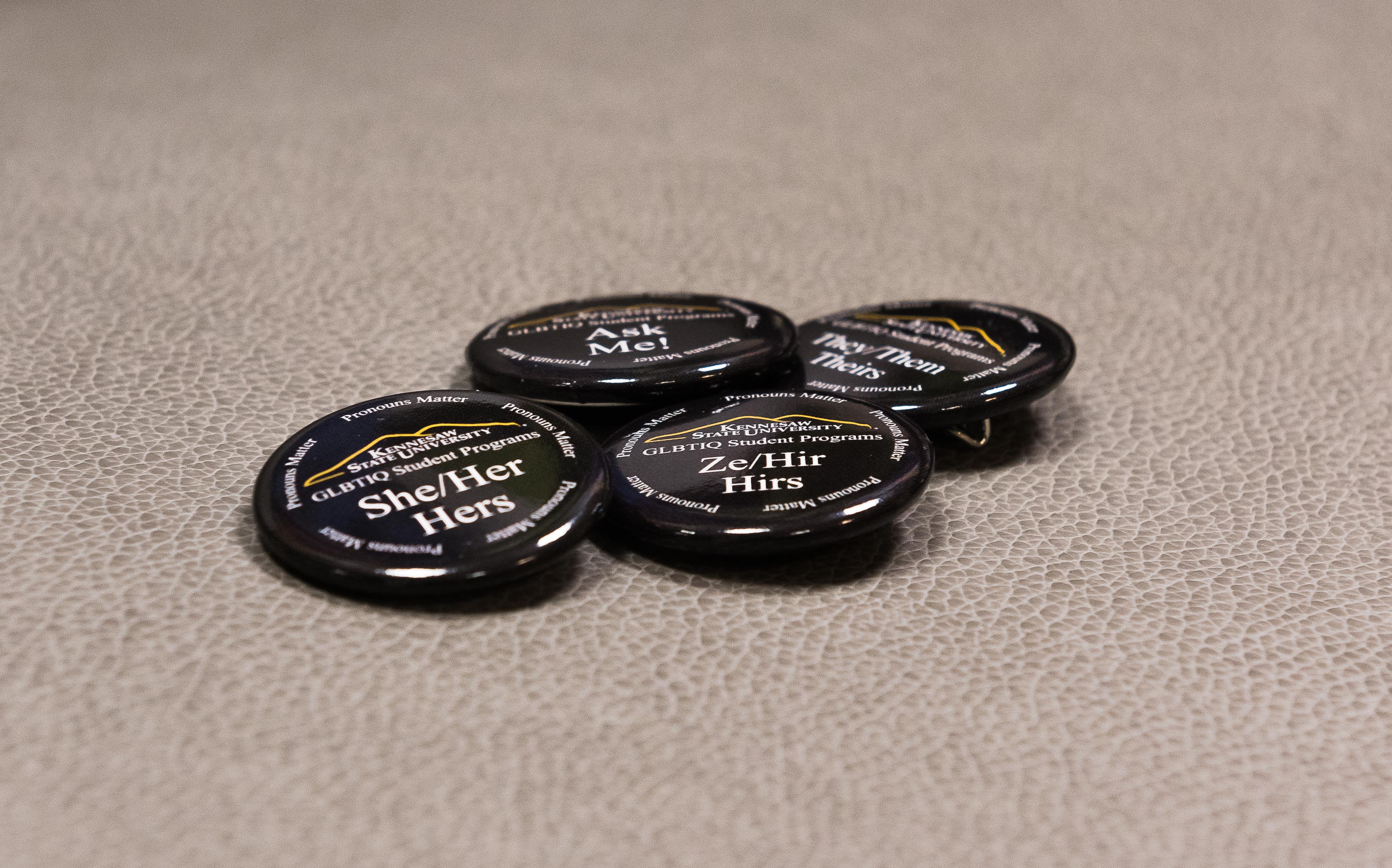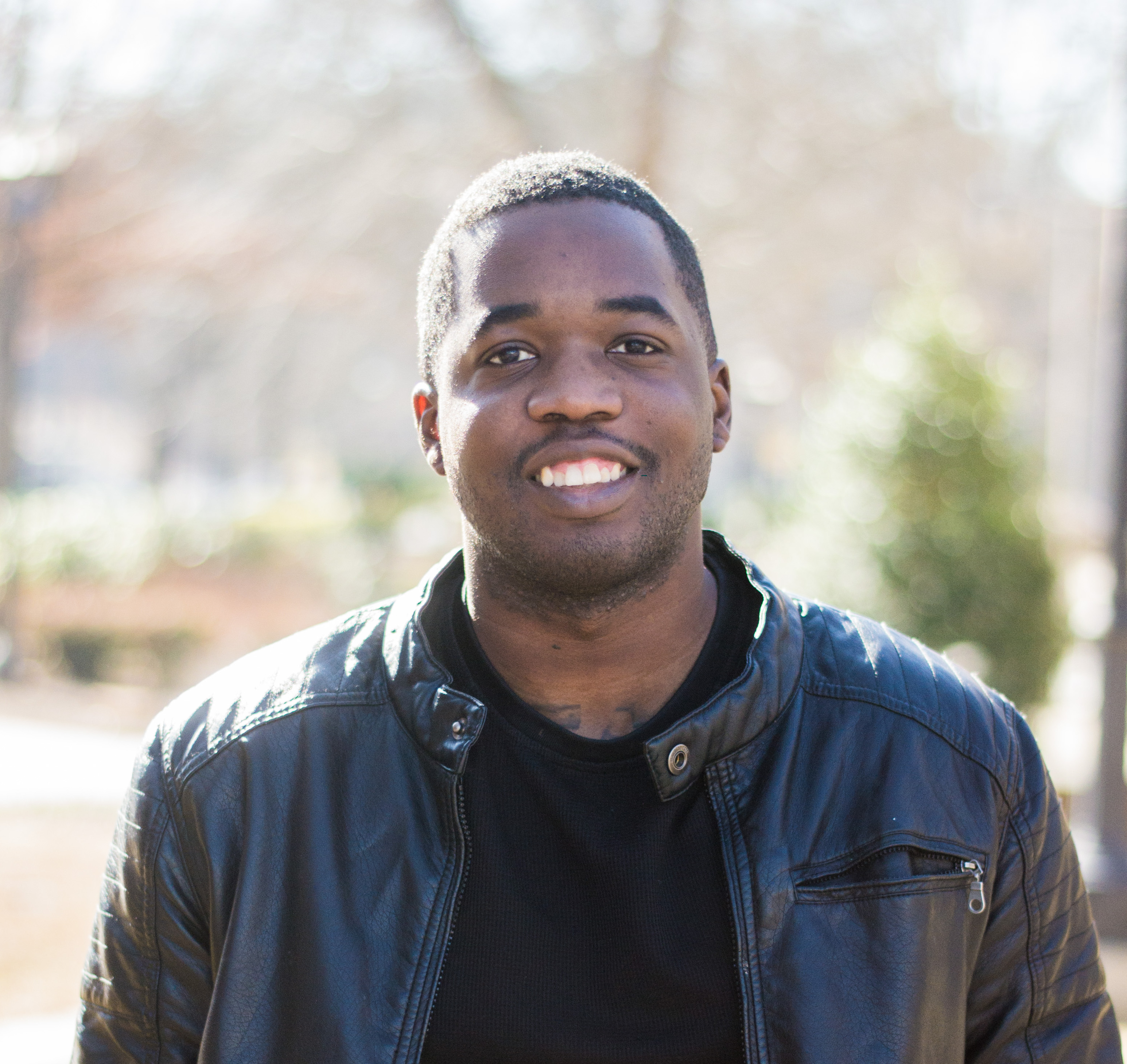With Kennesaw State’s implementation of “preferred name” changes this semester, it’s time to take the next step by including pronouns as part of class introductions.
Most classes do not encourage students to share their pronouns as part of the class introduction, despite the fact that KSU now allows students to have their chosen name — what the university calls a student’s “preferred name” — across campus systems including D2L Brightspace, DegreeWorks, Higher One BankMobile and Owl Express.
This is not a new idea, as other universities have already made steps toward this implementation.
A guide written by Dean Spade, associate professor of law at Seattle University, encourages those facilitating a group discussion to “ask people to identify their pronouns when they go around and do introductions.”
According to The Record, the University of Michigan’s campus newspaper, in September of 2016 the university began allowing individuals to designate their personal pronouns, which would automatically appear on class rosters. UM even encourages faculty to include a “gender inclusive statement” on their syllabi.
As a part of this proposed change, professors should lead by example and include pronouns in their own introductions.
Ohio University provides a pronoun guide, reminding its faculty that “you can’t always know what someone’s PGP is by looking at them.”
“PGP” usually stands for “preferred gender pronouns,” though “personal gender pronouns” is sometimes seen as more appropriate in the transgender community.
A handout based on materials written by Mateo Median for Hampshire College is used by Central Connecticut State University to be sure faculty who are asking for personal pronouns as part of class introduction know that it “means the pronoun you like to be referred to with.”
With so many guides in place to help lead the way to the inclusion of pronouns in class introductions, it leaves little reason not to do so.
While the concept of including pronouns in class introductions will take some getting used to, it will be well worth the effort for transgender and gender non-conforming students so that we can continue making our university more inclusive.




Yes, please! Thanks, Jessica, for encouraging people to think about this, and I’m glad to see that KSU has an organization/program that supports students in this.
The Michigan Daily is the University of Michigan’s student newspaper.